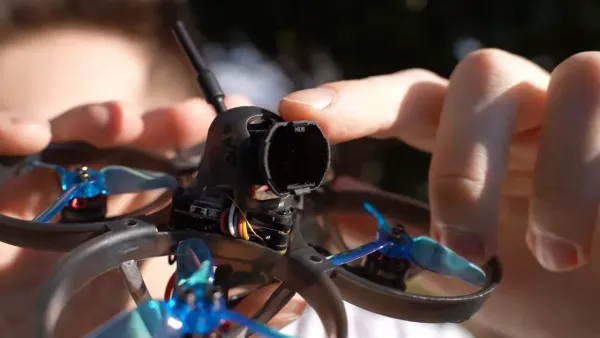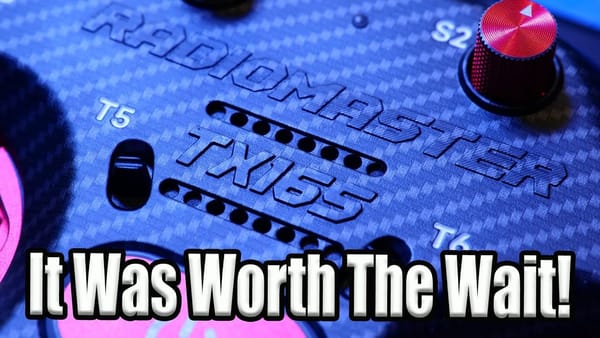Lately, in a recent video, Darren Allatt dived deep into the world of flight controllers, especially discussing the $139 and $54 controllers. The latter isn't just a cheap AliExpress clone as you might think, but holds a secret that left Darren, and will leave us, utterly surprised. So, let's get the propellers spinning and delve into Darren's revelations about this game-changing flight controller.

A World Driven by Processors
Our FPV drones aren't the only ones that need flight controllers. Various everyday devices such as smart TVs, home automation devices, digital cameras, and even cars, heavily rely on the processors we find in our flight controllers and ESCs. A popular source for these processors is St Microelectronics, manufacturing well-known chips like the F411, F405, and F7. However, as more devices become computerized, the demand for these processors is growing, and due to various geopolitical issues and limited production speeds, their prices continue to rise.

The Secret Power behind the $54 Flight Controller
Here's where things get exciting: the processor and ESC in the $54 flight controller aren't from St Microelectronics, but a company called Artrey. This flight controller uses the AT32 F435 processor, compared to the STM32 F7 processor found in the $139 controller. You may think that an F7 is superior to an F4, but that's where the plot twists. It's like comparing Intel processors to Apple's M line of processors. The Artrey F4 processor is faster than the STM32 F4, but not as fast as the STM32 F7 in terms of performance. To look at the AT32 in more details, check out our in depth technical comparison article on the AT32 vs STM32 processors.

Performance vs. Compatibility
The reality is that both STM's F7 and Artrey's F4 processors are not being used to their full potential. Artrey's F4 processor can handle a pit loop and gyro frequency running up to 32,000 times per second, which is way more than needed. So, you can save $85 by choosing a flight controller with an Artrey processor without any compromise on performance limitations. But of course, the theoretical world differs from the practical one. As the Artrey is new and the FPV ecosystem has been dominated by STM processors, we encounter issues like driver compatibility and Betaflight compatibility.

🛒Where To Buy
Wrapping Up
Ultimately, despite some initial compatibility hitches, the $54 flight controller offers a lot of value and performance. This low-cost option, thanks to the Artrey chip, can help us save money without compromising on performance. But remember, saving money on FPV gear is more than just picking the right flight controller. Avoiding financial traps and common money mistakes in FPV can also make a huge difference. So, as Darren signs off, let's not forget his insightful revelations, and remember to always send it!
If you've found this article enlightening, we invite you to dive deeper into the world of FPV through our regular newsletter. From reviews, like this one, to industry news, insider tips, and innovative tech spotlights, we keep you up to speed with the ever-evolving FPV hobby.
Stay curious, stay informed, and as always, happy flying!







